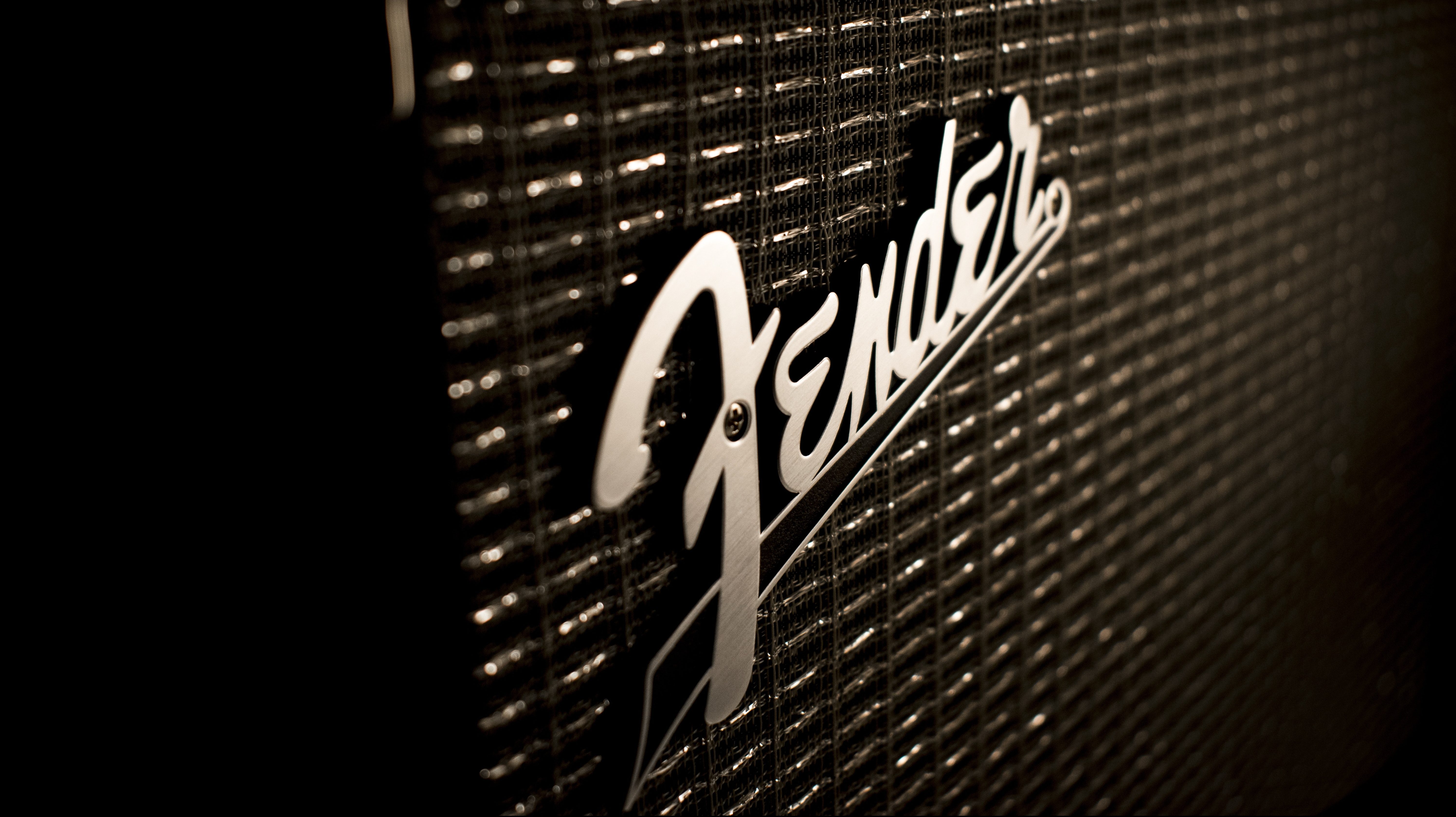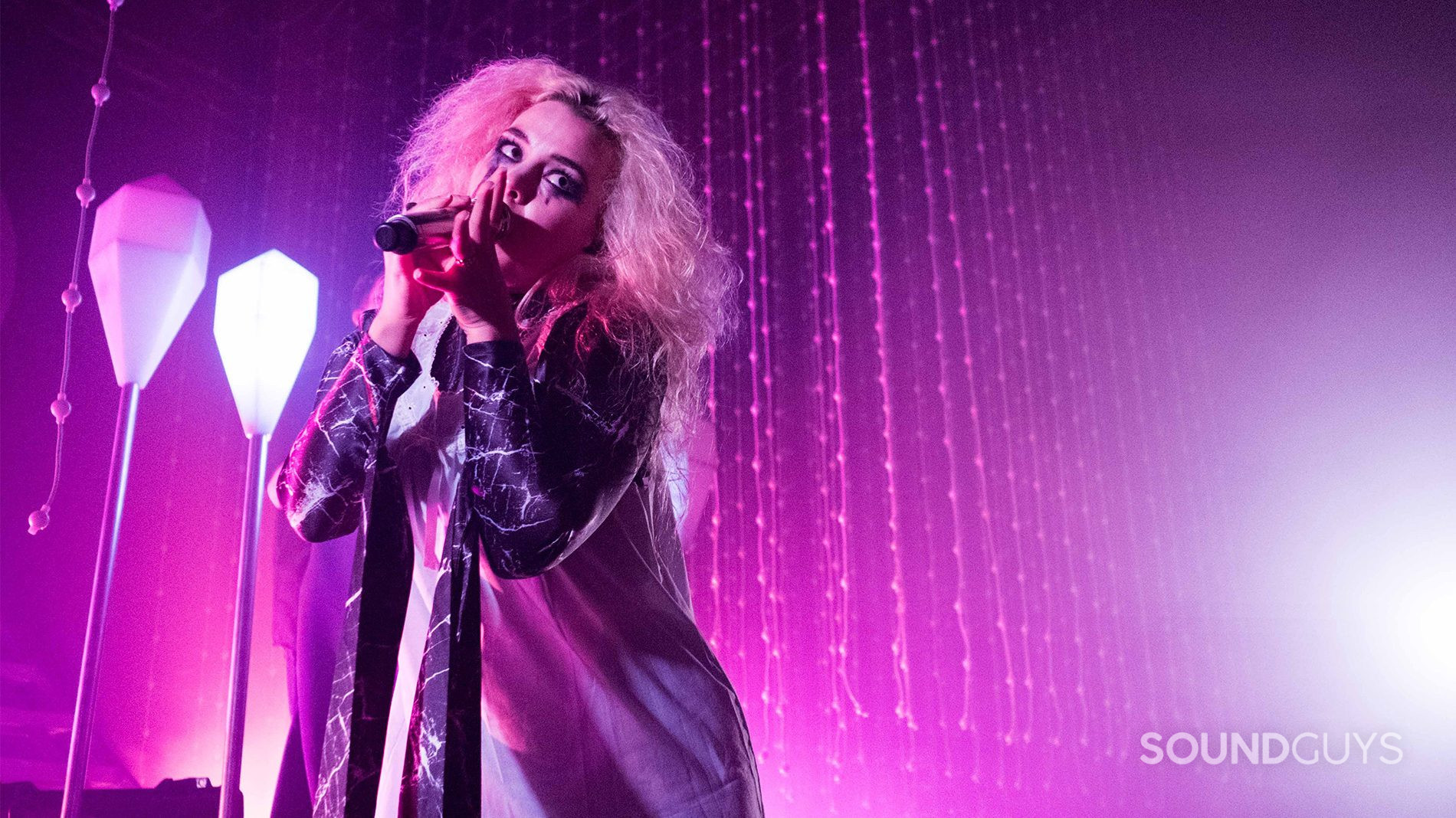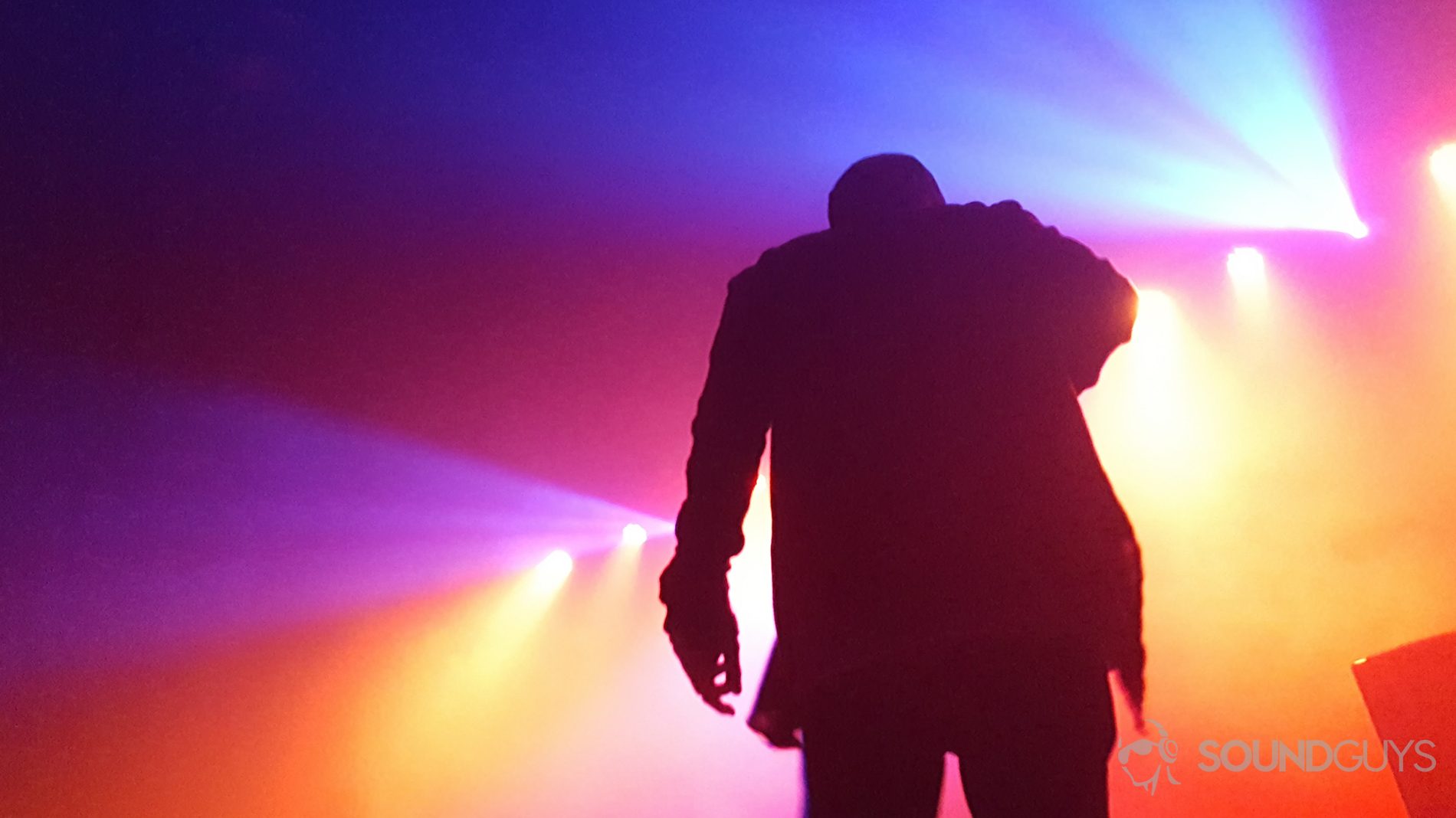All products featured are independently chosen by us. However, SoundGuys may receive a commission on orders placed through its retail links. See our ethics statement.
What to expect at an open mic
October 31, 2021
Transitioning from practicing in your parents’ basement to rocking a full house at the local pub is a big step. But as with all things audio, we’re here to help. That’s right, dust off that portable amp and get that electric-acoustic guitar restrung; we’re talking about what to expect at an open mic.
Editor’s note: this article was updated on October 31, 2021, to include a contents menu and add links to relevant information about audio engineering.
What you should know before your first open mic

If you have the time, scope out the venue a week before you plan to play there. Worst case scenario, you listen to a few aspiring artists and cheers with a buddy or two. Best case scenario: you know exactly what to expect from the layout of the venue, to the type of people that visit, to the drink specials.
- Do your research… and then research a little more. No one wants to be that person who shows up at a stand-up open mic only to realize they’re ill-prepared with John Mayer covers and a flask of Jim Beam.
- Not every venue has an amp. If you go into the open mic well prepared, you’ll know if it’s a BYOG (bring your own gear) situation or not.
- Your hands will sweat. In which case, make sure to keep an extra pick… or eight in your pocket—if you play guitar, that is.
- There’s probably a sign-up sheet, so be sure to add that John Hancock of yours to the list. As any open-mic veteran will tell you, if you don’t sign up sooner, you’ll certainly be performing much later.
- Polite and supportive performers are greeted with polite and supportive audiences. Mother was right, the whole “treat others how you want to be treated” platitude really is true.
Related: The best vocal microphones
How should you handle people who talk over your set?
For better or worse, you’re probably going to be playing in front of a group of patrons who just want to be entertained, not necessarily engaged. That’s okay, and if anything, that could alleviate some of your stress. Yes, the end-game dream may be to headline a sold-out show at Madison Square Garden. But again, that’s end-game territory. Your open-mic audience won’t notice if you repeat a line or fumble the chord progression. In fact, their lack of attention is liberating. It allows you to make mistakes.

That said, an engaging performance will be captivating. Even the greenest of us can put on an applause-worthy show. As America’s Got Talent viewers know, it’s the timid ones who leave the greatest impression. They may not have much to tell, but they sure have plenty to show. Stage presence is how you put on a mesmerizing show as a one-man act. It doesn’t necessarily mean being the loudest, most avant-garde voice in the room; rather, it means that you’re self-assured.
In all fairness, some are natural-born performers, while others have to work at it. If you identify as the former, great, and if you identify as the latter, great. Those who are more withdrawn should take comfort in the idea that the person you are on stage doesn’t need to be who you are at the coffee shop on Main Street. That’s what stage personas are for. Whether you’re confident in your coyness or in your boisterousness, you’re deliberately and decidedly you.
‘Fake it until you make it’ is more than a vague piece of advice espoused by life coaches.
And remember, this is as much for you as it is for the audience. As cool as it is to work the crowd and receive endless rounds of applause, the fact that you’re committing to a public performance is something to be proud of. Even if you have an embarrassing moment, the great thing about us humans is that we hardly notice others’ mistakes nearly as much as our own.
Hecklers aren’t just for comedians
Though people are generally kind, there’s always a chance that you’ll bump into someone who enjoys getting a rise out of others. Whether they interrupt your set with impolite jabs or shout unquestionably rude things, just know it isn’t personal. Though, there’s no need to dwell on this, since occurrences like this are few and far between. If anything, you may get the occasional person trying to proposition you, but those are usually innocuous enough and make for fun stories.
Where should you go after your set?

It’s been a long night, you’ve had a fun time socializing, and your adrenals are zonked after pre-show anxiety. But don’t leave immediately after your set, or at least try not to. It’s just courteous to stay after your set. It feels bad to see that everyone was just there for themselves, leaving one after the other once they perform.
Though there’s always an exception, open mics are a sort of sanctuary for the aspiring amateur. They’re a place for us performers to socialize—if not with each other, then at least with their friends. Being polite and supportive breeds politeness and supportive vibes.
Now grab that guitar, pocket those, picks, and sing and strum your heart out.